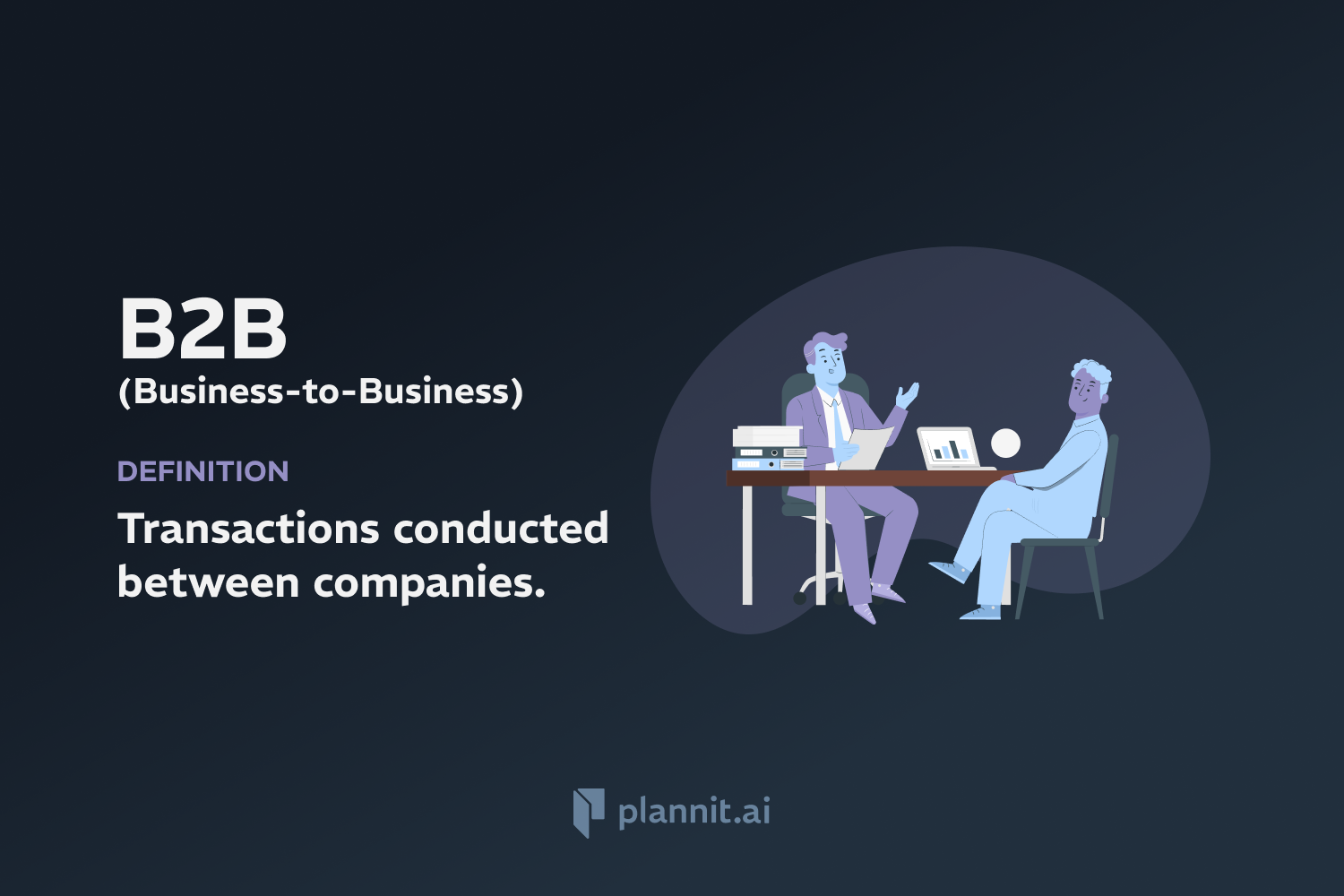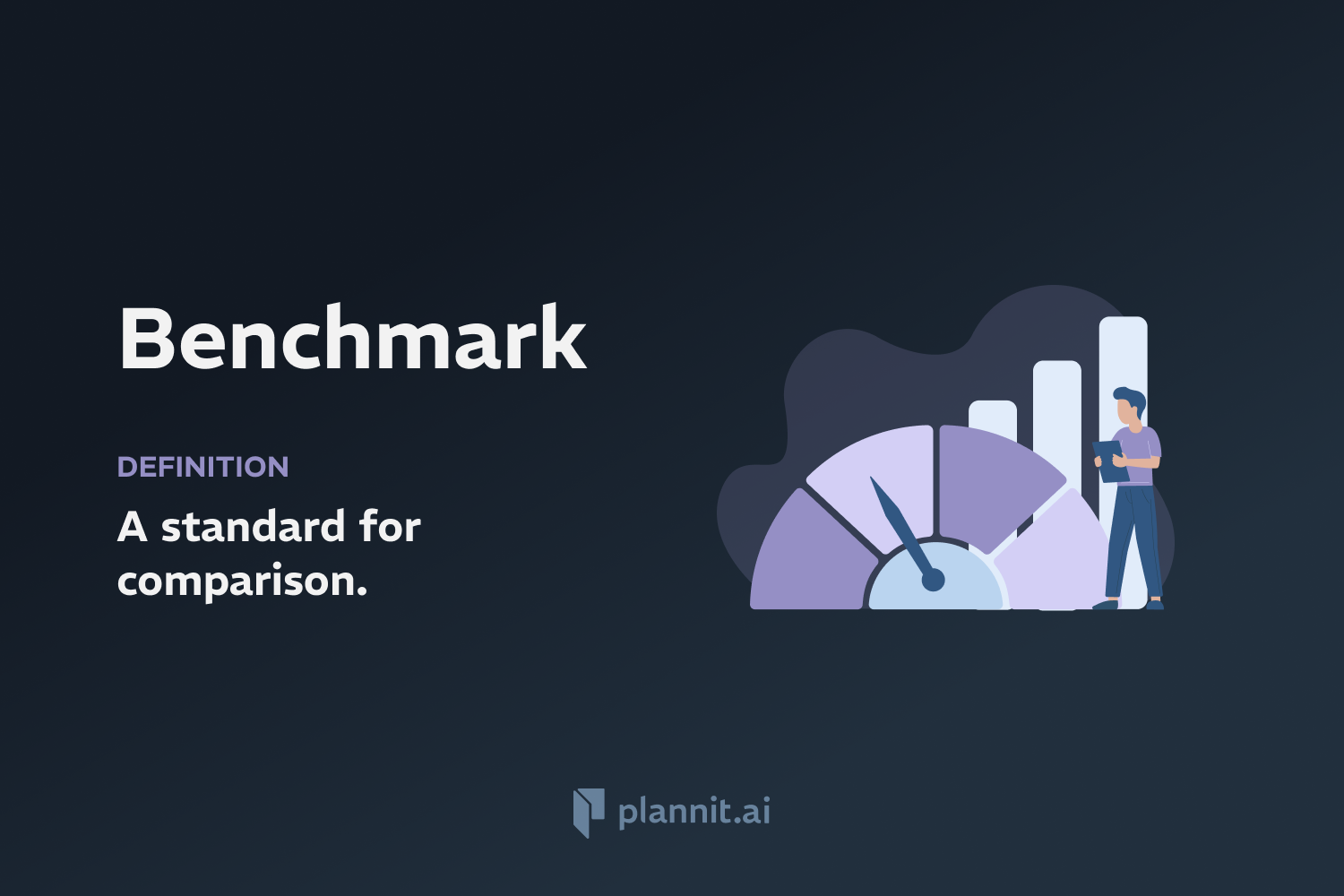Need Help With Your Business Plan?
Answer tailored questions and get a detailed business plan in minutes.
S-Corporation: Definition & In-Depth Explanation
Definition:
S-Corporation, also known as an S-Corp, is a designation under the United States tax code that allows corporations to avoid double taxation by passing income directly to shareholders. The shareholders then report the income on their personal tax returns.
Context of Use:
The S-Corp structure is chosen by businesses that meet specific Internal Revenue Service (IRS) qualifications. It's particularly popular among small business owners who want the liability protection of a corporation with the tax benefits of a pass-through entity.
Purpose:
The purpose of an S-Corporation is to combine the legal environment of a traditional corporation with the tax efficiencies of a partnership or sole proprietorship. This structure helps businesses avoid the double taxation typically experienced by C corporations, which are taxed at both the corporate level and the shareholder level.
Example:
Professional Services Firms: Many small law firms, consulting companies, and medical practices choose S-Corp status to reduce their tax burden while maintaining the liability protection that a corporate structure offers.
Related Terms:
C-Corporation: A standard corporation that is taxed separately from its owners. In contrast to an S-Corp, it faces double taxation on dividends.
Pass-through Entity: A business structure where the entity itself is not taxed on the profits; instead, profits or losses are passed through to its owners to be reported on their personal income taxes.
Shareholder: An individual or institution that owns one or more shares of stock in a corporation and thus has a claim to a part of the corporation's assets and earnings.
FAQs:
1. How does a corporation become an S-Corporation?
A: To become an S-Corporation, a corporation must submit Form 2553 to the IRS, signed by all the shareholders. They must meet the eligibility criteria, which include having only allowable shareholders, a single class of stock, and no more than 100 shareholders.
2. What are the benefits of being an S-Corporation?
A: The primary benefit is the avoidance of double taxation on dividends, as profits are taxed only at the individual level. Additionally, shareholders can deduct corporate losses on their personal tax returns.
3. Are there limitations on who can be a shareholder in an S-Corporation?
A: Yes, shareholders must be U.S. citizens or permanent residents, and S-Corporations are limited to 100 shareholders. Certain trusts, estates, and tax-exempt organizations can also be shareholders.
4. What is the difference between an S-Corporation and an LLC?
A: Both are pass-through entities for federal taxes, but an S-Corporation has more stringent requirements and allows for the allocation of income and loss among shareholders based on their ownership interests.
5. Can an S-Corporation retain earnings?
A: Yes, an S-Corporation can retain earnings, but it must be careful to avoid the Accumulated Earnings Tax (AET), which is designed to prevent entities from avoiding higher personal income taxes by holding onto earnings.
Get funding with a business plan that will impress investors.
Starting a New Business?



